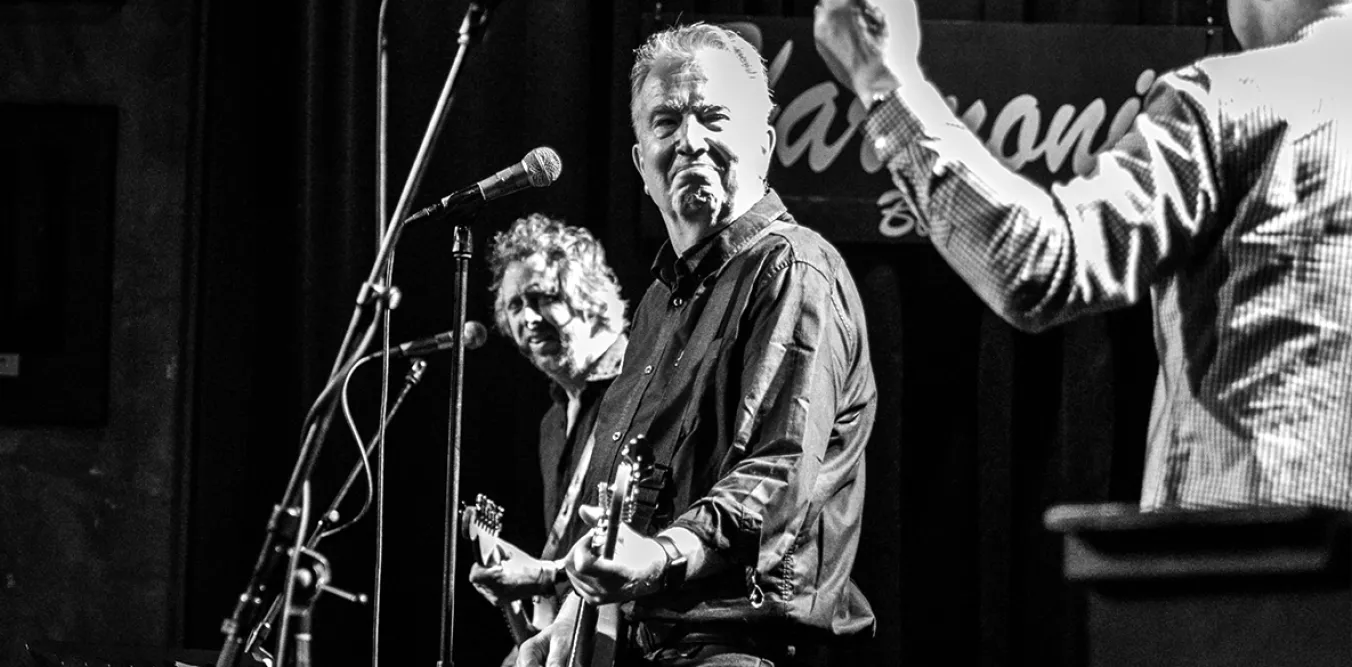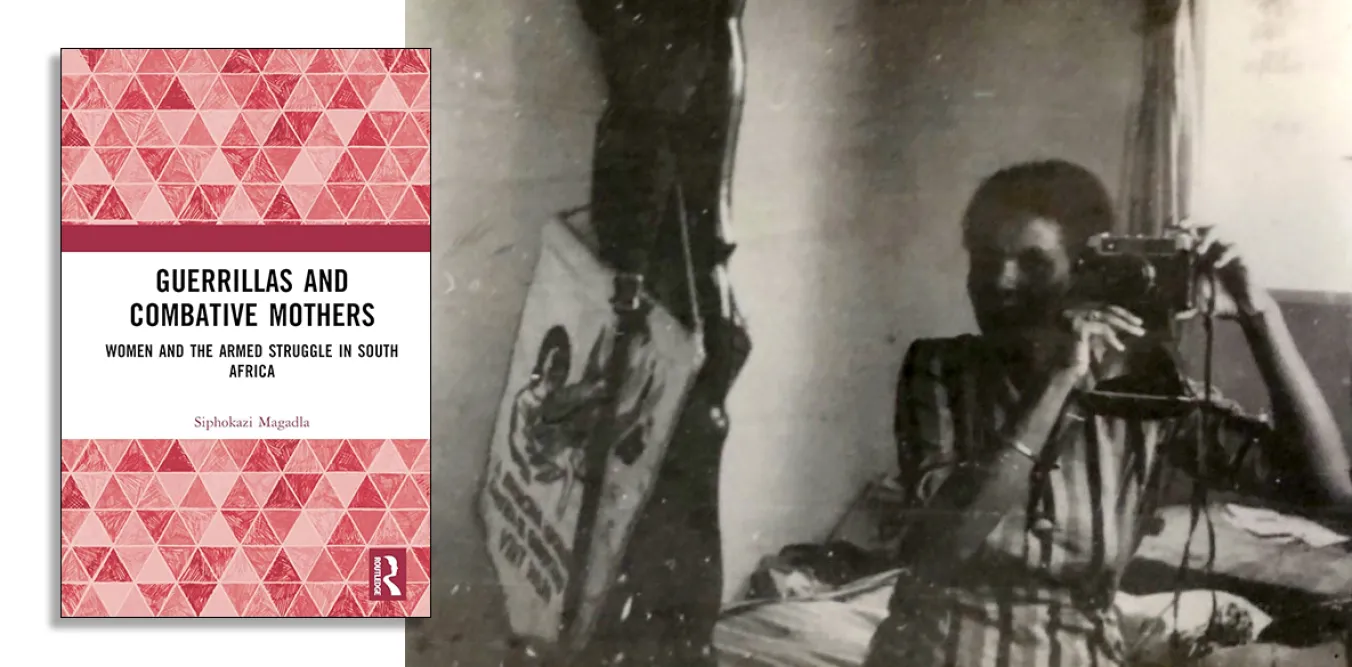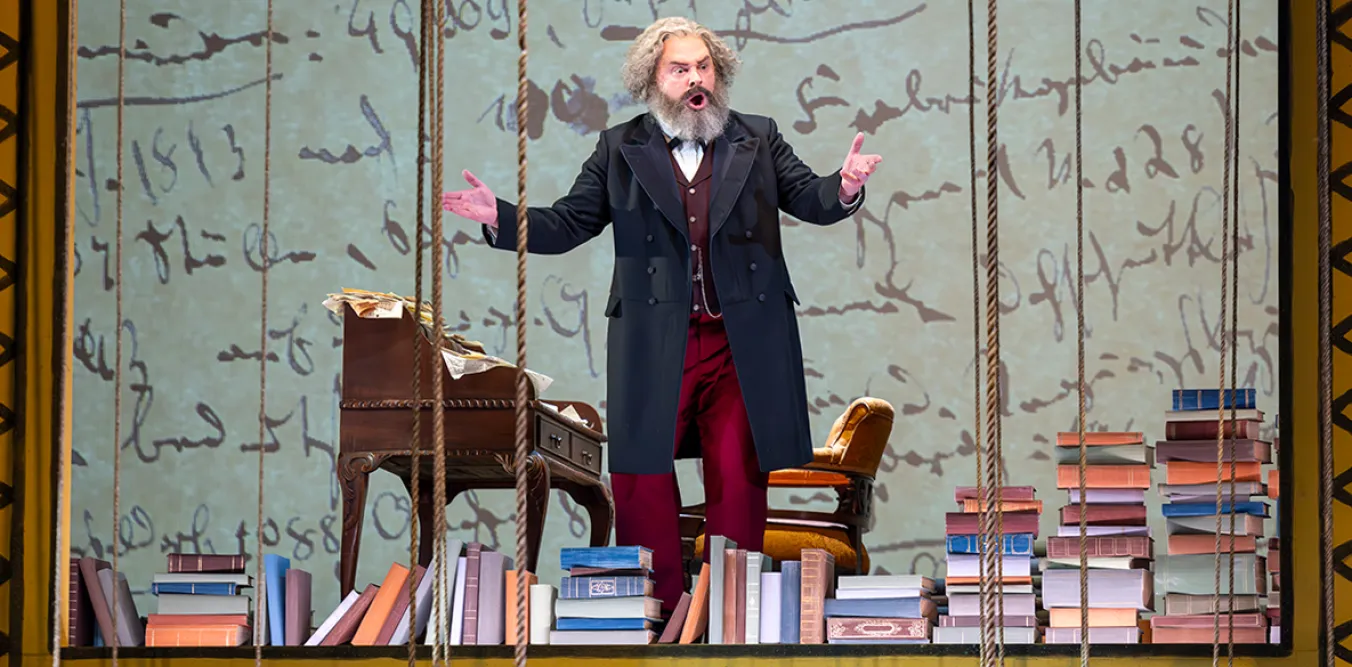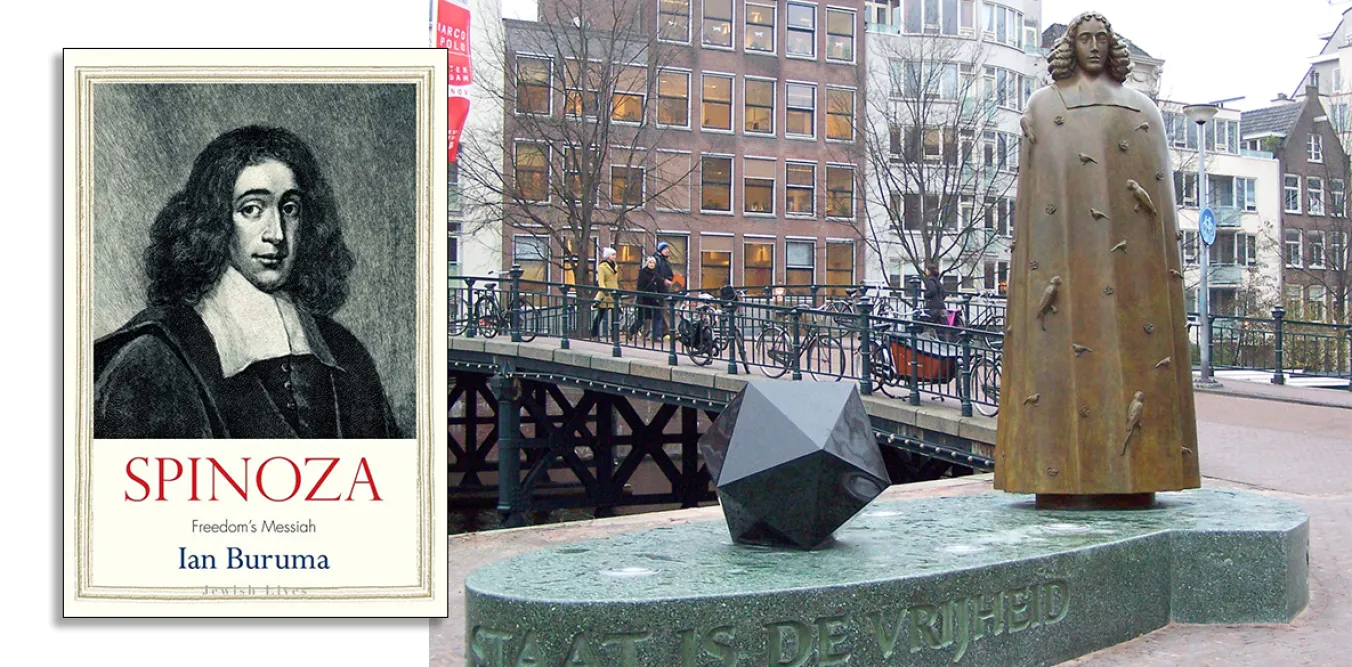
The New Leviathans: Thoughts After Liberalism
John Gray, Allen Lane, £20
JOHN GRAY’S latest ploughs a well-trodden path. Like much of his work, The New Leviathans: Thoughts After Liberalism tells the reader that progress isn’t inevitable. This pits him against the Enlightenment idea that history is moving towards a better world understood by reason.
Of course — and here’s the rub for socialists — that means he spends at least as much time cataloguing the supposed crimes of communism as he does debunking the hubristic claims of post-Cold War liberal democracy, which he rightly describes as “an era of delusion in the West.”
Indeed, the subtitle is a misnomer, to some degree. Rather than Thoughts After Liberalism, it might more appositely be named The Case Against Progress.
Gray’s starting point here is Thomas Hobbes’s 1651 text, Leviathan, in which he makes the case for absolutism by social contract as the only way to avoid violent death; the summum malam, or greatest evil.
For Gray, Hobbes is the right thinker for our times because he does not fall for the illusion of the summum bonum, or greatest good, which he sees as behind all attempts to create a better world, which then all lead to summum malam, and so on.
States in the following centuries where power was held in check by the rule of law suggested Hobbes was wrong; now, according to Gray, his time has come, as modern states become new Leviathans, simply offering “shelter from chaos,” rather than being a “safeguard against tyranny.”
To return to Gray’s anti-communism briefly, his is distinguished from vulgar revisionists like Ernst Nolte or Richard Pipes by locating itself beneath the umbrella of anti-liberalism; so communist violence is an inevitable outcome of attempts to create a better world, rather than an effect of the revolutionary path alone.
That being said, he does share with Pipes a belief in a Russian sonderweg, or “special path,” which means that its version of revolution is seen through a Byzantinist, Slavic prism. This allows him to trace a somewhat fatuous thread from Tsarism through Bolshevism to the post-Soviet kleptocracy that Vladimir Putin heads up.
Stylistically, the book is a series of sketches and aphorisms rather than a concerted argument. Some of the thinkers and writers he employs, such as Yevgeny Zamyatin, have appeared in earlier books and in his columns for the New Statesman.
Much of the pleasure from reading Gray — a thinker with whom as a Marxist I have little in common — comes from this style, which rarely fails to introduce the reader to someone new.
He does have some interesting things to say about wokeism and the culture wars, the proponents of which he sees as hyper-liberals. He rightly sees that movement’s (if it is one) moralism and division of people into the saved and the damned as an effect of Christianity, particularly in its settler-evangelical American form.
His idea of woke as the “revolt of the professional bourgeoisie,” an “ersatz faith” for surplus elites chasing an ever-dwindling set of positions in a failing late capitalist Anglophone world is not without interest, or humour, to be honest, plus his clear position that it is not a “variant of Marxism” separates him from both conservatives and, unfortunately, some of the 21st-century left.
Gray sees liberalism as a “footnote to Christianity.” He connects the defining tenets of classical liberalism to Christianity deftly, while also making the point that the rise of Christianity (and by his inference, liberalism) is an accident of history: Christianity’s message of all working together for the common good meant that Christians were more likely to survive the many plagues that hit the late Roman world; as each plague hit, the ratio of Christians increased.
Is Gray a Nietzschean? A nihilist? Quite possibly. However, in his belief that the law cannot be used to “replace politics by the adjudication of rights,” he comes close to Alain Badiou, the communist philosopher of the subject.
The context of the above belief is the current state of the United States, which Gray sees as two unyielding sides trying to use the law to resolve “divergent understandings of the human good” via the “political capture of the American judicial system”; a project doomed to fail.
Instead, for Gray, we need to return to what Hobbes saw Leviathan as, namely: a “peaceful vessel for co-existence” between differing philosophies, states, modi vivendi, and so on. Is that itself idealist? It’s certainly at a distance from what we see in the world, regardless of whether we interpret the world as a liberal, conservative or Marxist.














